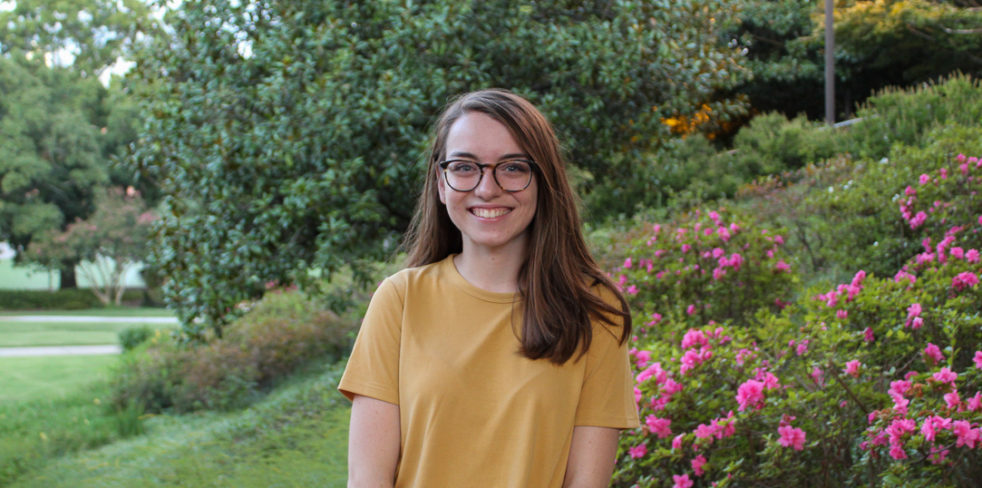For the past two years, I have spent many of my breaks off from Tech in the same way — on service trips. A group of nearly 40 Tech students pack up in vans and travel to a community struggling with the aftermath of a natural disaster. Last year we went to Houston, Texas to work with victims of Hurricane Harvey that hit in 2016. This year, we packed up and hit the road for Whiteville, North Carolina, a town about 500 miles from Georgia Tech.
Whiteville is a relatively small town in Columbus County, North Carolina. Many of its residents have lived there for generations, and the population of Columbus County is spread out over miles and miles of open land. The thing about this community, though, is that they have been hit by two major, devastating hurricanes in just two years.
The first storm was Hurricane Matthew in 2016, which caused severe flooding and extensive damage. Many residents chose to stay, rebuilding and putting their lives together piece by piece, little by little, over the last few years. That is, until Hurricane Florence hit in September of 2018 — another devastating storm that rattled the community that had barely, if at all, picked itself back up.
I had never wanted to help more than I wanted to help on this trip. I hurt for the people who had lost so much to these awful storms. I wanted to, in some way, make it better for them.
Usually, these service trips are fulfilling. They are restful, though they often do not include much rest. I leave at the end and I feel accomplished, like we, as a group, made a tangible difference and we can see the results and how they will help someone. If we are lucky, how they will help an entire community.
I remember that feeling so vividly, of seeing an entire slab emptied out and being grateful for our ability to work to restore a bit of hope and progress to a community that has been struggling in the aftermath of a disaster. To use our break from school to work on making a home livable again is one of the greatest privileges.
When we stepped away from our job unfinished this past weekend, I felt this feeling of restlessness.
I felt guilty for not doing more physically; I doubted whether our presence was of much value to this family when we could not complete the job we had been given for them. If we could not finish the job in their home, what good was it?
Yet, I remember conversations shared on one homeowner’s couch in the midst of the work on Sunday, and I feel good about what we were able to accomplish.
The people of Columbus County have been hurting for nearly three years now. Many residents who cannot physically, emotionally or financially (sometimes a combination of all three) restore their homes have been waiting for assistance for this entire time. But, one thing I was told this weekend is that they have also been waiting for someone to come help — in any way. To not feel abandoned or forgotten in the midst of this chaotic storm that has left their life disheveled.
I realized this weekend that service is not always exclusively physical labor. Service is relational, too. Sometimes, it is sitting on a couch and having a conversation when you need to take a water break or when you do not have the proper equipment. Sometimes, it is running around the yard and laughing with the family you are working with.
So often, we come and go for a weekend and hope to leave physical reminders that we were there, that we served and worked and labored. But the conversations we share, the meals we eat together, and the compassion we show people who felt forgotten will never be covered over with a concrete slab or a new wood floor.
The physical markings of our trip may not have been exactly what I hoped for, but that does not mean it was in vain. Service is important in all forms, whether it is accomplished through hands and feet or through a listening ear and a shoulder to lean on. It is not exclusively one or the other but rather a combination of using our time and energy to make a new friend feel just a little bit better and hopeful in the midst of a tragedy.
